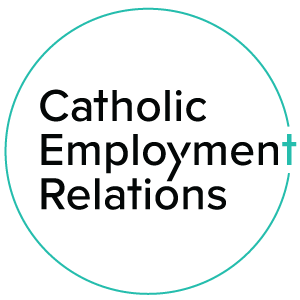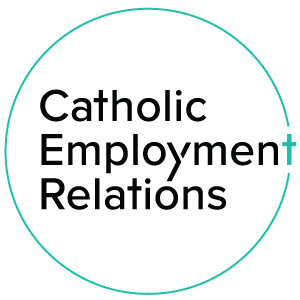Directing employees to work public holidays
The Full Federal Court of Australia has handed down a decision that will have a significant impact for organisations that require, or roster, their employees to work on public holidays. Those employees who regularly roster in advance over longer periods, such as is allowed under the Social, Community, Home Care and Disability Services Industry Award 2010 (SCHADS) will have to reconsider how such rosters are communicated to employees.
Section 114 of the Fair Work Act 2009 (Cth) provides for an employee entitlement to be absent on a public holiday. but an employer may make a request for an employee to work on a public holiday if the request is reasonable. An employee may refuse if a request is not reasonable, or if their refusal is reasonable. This in effect provides for a two-factor test – the request must first be reasonable, and then a refusal must be reasonable as well.
What is reasonable will depend on the circumstances, but sub-section 114(4) outlines the factors that must be taken into account in determining reasonableness:
The nature of the enterprise and the employee’s role
The employee’s personal circumstances, such as family responsibilities
Any reasonable expectation of the employee that the employer might make a request
What type of employment is worked by the employee, such as full-time, part-time, casual or shiftwork
Whether overtime payments, penalty rates or other compensation would be payable if the employee worked on a public holiday, or whether the employee’s level of remuneration reflects and expectation to work on a public holiday
The amount of notice given by the employer when making the request and by the employee when refusing the request.
In Construction, Forestry, Maritime, Mining and Energy Union v OS MCAP Pty Ltd [2023] FCAFC 51, the CFMEU appealed from a decision of the Federal Court[1], with the meaning of section 114 in issue. In particular, the appeal was against a decision at first instance that a requirement to work on a public holiday was akin to a request to work on a public holiday under section 114 and therefore a lawful and reasonable direction. The Full Court found that employers were not able to require (that is direct) employees to work on a public holiday. The right to be absent from work on a public holiday, according to the Full Court was not balanced by any right of an employer to require employees to work where that requirement is reasonable, but rather that an employee must work where the request to work is reasonable, and the employee has “no reason for refusal which is reasonable”[2]. The Full Court stated that under subsection 114(3) an employer can only request an employee work on a public holiday where such a request is reasonable, taking into account the factors listed at subsection 114(4)[3]. An employer can only require an employee to work on a public holiday where it has made a request, and the request is reasonable, and where the employee’s refusal is not reasonable[4].
The Full Court also noted that because section 114 is part of the National Employment Standards (NES) and is a specific minimum entitlement, the entitlement to not work a public holiday under the terms of section 114 cannot be displaced by contractual agreement, award or enterprise agreement and a contravention can be subject to a civil penalty[5].
This decision may create some difficulties for employers, particularly those that rely on rostering in advance. For example, those employers who are covered by SCHADS may roster employees over a four-week period made up of 19 shifts. Where any of those shifts falls on a public holiday, employers will not be able to require employees to work on those public holidays, but rather request that they do, and consider the factors listed at sub-section 114(4) in determining if the request is reasonable.
It may be expected, for example, that an organisation covered by SCHADS (that provides services such as social and community services, crisis accommodation, and/or home care) might need to provide its services on public holidays as well as other days, and this may be an indicator that a request is reasonable. Similarly, that an employee covered by SCHADS will receive penalty rates when working public holidays is a relevant consideration.
The employer will also need to consider the same factors when consider if an employee’s refusal is reasonable. In particular, the employee’s family responsibilities may be significant when determining reasonableness.
The significant difference as a result of this decision for employers is that they can no longer roster an employee to work a public holiday and wait until the employee refuses to consider whether the employee’s refusal is reasonable. Such rostering would effectively be a requirement and not a request. Instead, employers must now first consider the reasonableness of any such request to work on a public holiday and if reasonable make the request. Then the employer must consider the reasonableness of any refusal by an employee. The employer may only direct an employee to work on a public holiday if the refusal is not reasonable.
Employers who use rostering or require employees to work on public holidays will need to ensure that:
any requests to work on public holidays are made well in advance, as one of the factors to be considered includes the amount of notice given to employees
requests are reasonable and based on sound, documented reasons. Employers may need to consider the circumstances of individual employees in assessing the reasonableness of a request
employees are aware that request to work on public holidays may or will be made. Such expectations may be communicated in policies, procedures or contracts of employment (but noting a requirement to work on a public holiday cannot be included in such a contract)
it considers the factors at sub-section 114(4) when assessing whether an employee’s refusal of a request is reasonable.
Employers who anticipate difficulties in requesting employees to work on public holidays should contact CER for advice and assistance.

